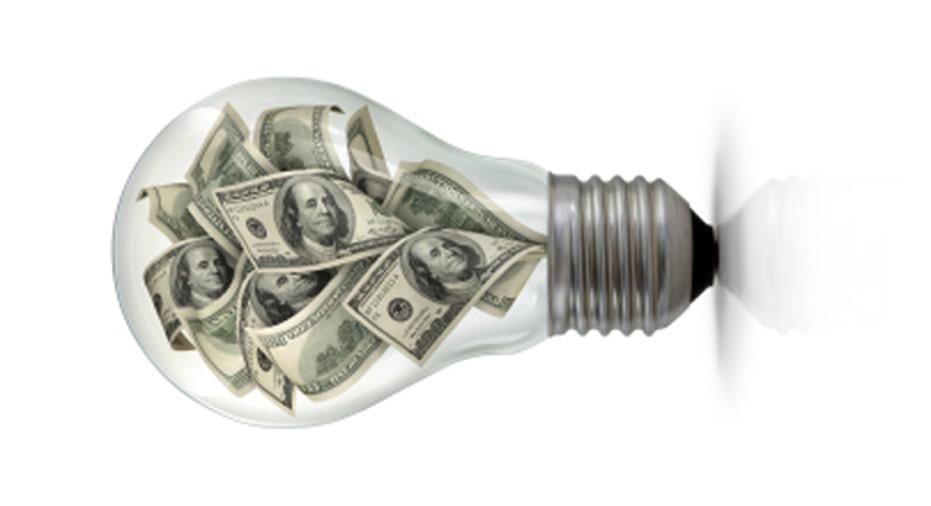When You Need a Trademark and, or Copyright

When you’re setting up your small business, you’re naturally concerned about getting your name out there to make sure your brand succeeds. An integral part of that brand is what you call yourself, and what designs or logos accompany your company’s name.
To that end, small business owners need to be sure to protect their trademarks and copyrights as they try to get their endeavor off the ground by marketing and advertising their product or service.
Trademarks protect words, names, symbols, sounds, or colors that distinguish goods and services from those manufactured or sold by others and to indicate the source of the goods. You don’t necessarily have to register your trademark with the U.S. Patent and Trademark Office (USPTO), but you can benefit from it. U.S. trademarks can last forever, as long as the trademark is used in commerce and defended against infringement.
“In the United States, you get automatic trademark rights in your brand just by virtue of using it. There’s nothing special you have to do,” explained Michael Atkins, founder of Atkins Intellectual Property in Seattle.
A small business owner typically does not have to register his or her trademark if operating in a small geographic area. But with the proliferation of e-commerce, if one is selling their product over the Internet to other states or regions, the trademark protection becomes more important.
“These days, everybody’s on the Internet, which, in my opinion, makes getting a federal registration more important,” Atkins said. “Probably the neatest benefit of getting a registration is it expands the geographic area throughout the state or the country, depending on what kind of registration you get.”
It typically costs between $275 and $325 to register each mark with the USPTO, plus lawyer fees if you retain counsel to help with the process. If you have to choose between registering your company’s name or your trademark because of a tight budget, Atkins recommends registering the name since you receive broader rights.
Trademark protection from the USPTO, however, does not mean your trademark is protected overseas. You have to register your trademark in the countries in which you desire to do business to be protected there.
Copyright
According to the U.S. Copyright office, copyrights protect original works of authorship including literary, dramatic, musical, and artistic works, such as poetry, novels, movies, songs, computer software and architecture. This can include things like HTML or other code that programs specific Web sites. Copyright does not protect facts, ideas, systems, or methods of operation, although it may protect the way these things are expressed. For small business’ Web sites, copyright protects all original authorship on the Web site - writings, artwork, pictures, and other elements. Although registering your copyright is not required, it is recommended. It’s particularly important for you to register your copyright if you’re in a business that is creative.
“Like trademark law, you get automatic copyright protection. Meaning, if you write it down and it’s original enough, nobody can copy it without your permission,” Atkins said. “Copyright protects against copying of original expression but the expression has got to be at least minimally original.”
But you do need to register your copyright with the U.S. Copyright Office in order to enforce it in court. It costs about $35 to register and you can do it online. It often takes about one year to issue the registration, but you can get registered faster by paying a higher fee.
“When you launch your Web site, get it registered. Not only can you immediately enforce your rights against copycats but the copyright law gives you two other things: That is the rights to seek attorney fees and statutory damages,” Atkins explained. That way, you don’t have to prove out-of-pocket loss if infringement occurred after registration was issued.
According to the USPTO, copyright protection is for a limited term. For works created after January 1, 1978, copyrights last for 70 years after the death of their owner. For works made for hire -covering the usual type of work owned by a small business - the copyright lasts for 95 years from the year of its first publication, or a term of 120 years from the year of its creation, whichever expires first.
Keep Watch
Don’t have time to scour the Web or elsewhere making sure no one is infringing on your copyright or trademark and making money off your creations or ideas? Relax, there are intellectual property watch services that do just that.
“If you spent thousands and thousands of dollars developing a product ... you don’t want someone to rip it off,” said Dan Zendel, the partner in charge of the watch service at Ladas & Parry intellectual property law firm in New York City. A watch service is “actually an important option for small and big business owners,” he added.
“The purpose of this is to police the client’s trademark and advise them of potential infringements or, at least, conflicts. ...We look at it as an insurance policy or a policing policy,” he said.
Click here for more articles on “Protecting Your Small Business.”



















